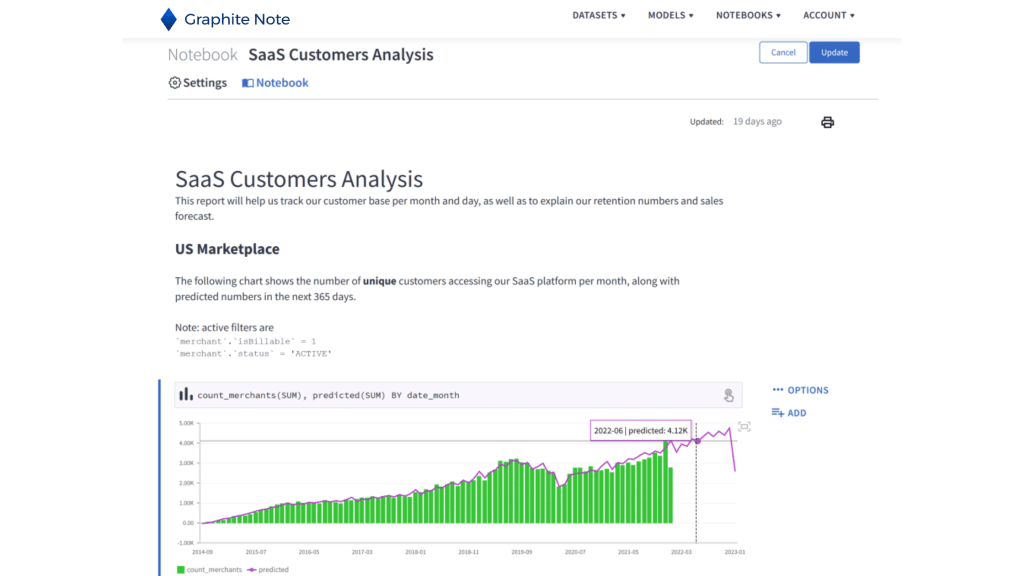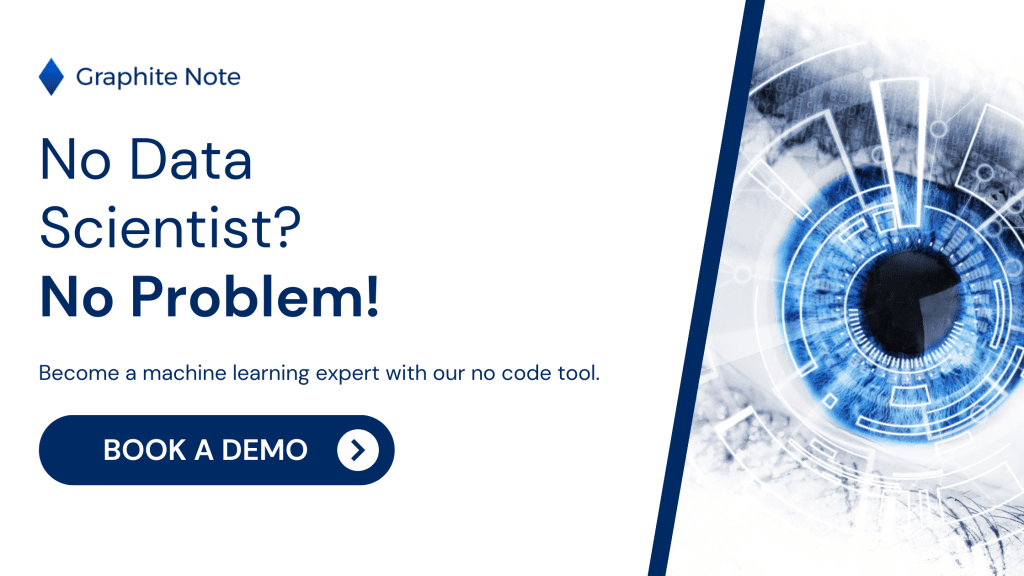The data scientist shortage: everyone needs data science.
The amount of data the world generates every day continues to grow. This has led to a surge in the need for in-house data science talent. Data scientists can make sense of data for increased business growth and development. The data science talent shortage is a critical business problem.
Businesses have woken up to the immense possibilities available to them. Data helps businesses gain insight and make profitable business decisions.
… but there is a data scientist shortage
Despite all the data scientist listings, there is a continued data scientist shortage and skills gap. The demand-and-supply ratio of talent acquisition has remained unbalanced. Tech companies grow their number of team members at pace, to use predictive models and solve business problems.
Here are some stats for your consideration:
Data Scientist jobs are the most fantastic jobs in 2019 (LinkedIn)
In terms of labor statistics, by 2020, openings for data scientists in the United States will rise from 364,000 to 2,720,000 (IBM)
There’s a 35% difficulty in recruiting for data science positions. This has resulted in a 250,000 job shortfall (IBM). This skills gap in technical skills presents a big problem.
This situation favors the handful of data science professionals and senior data scientists. They are positioned to quote chart-topping compensations to prospective employers. A data science job can command a high salary. A data science career can be lucrative. The data scientist job outlook is very good. Data science skills are in high demand. Across the data science field, money talks. Across tech companies and the tech industry, there are many job postings.
The same cannot be said of business owners who can not compete to keep data scientists or a data science team. Businesses then miss out on the impressive ROI that comes with this investment in talent.
Small and medium businesses are in trouble.
Yes, SMEs understand all the benefits of AI / ML / Data Science, but they don’t have the expertise or the funds to do it. They stay in the dark, their data is not talking to them.

Closing Up the Shortage Gap
Several creative ways have been suggested. These would function as a workaround to the shortage of data science professionals.
Here are some of them.
● Engaging Professionals who are open to a career switch.
The field of data science has attracted a lot of attention. Many tech and non-tech professionals are enthusiastic about switching to the field of data science jobs. Managing data sets is a key skill for this field.
Several tech consulting firms train enthusiasts with a data analytics background. They extend their skills in data science, data mining, and data science project. Someone aiming to be a machine learning engineer can pursue an online master degree. Data science training takes a long time and does not immediately address the shortage.
● Retraining Current Employees
Some organizations take the search initiative inward by screening their technical skill workforce. Suitable candidates that can be trained for the data scientist jobs. Employers can grow their data engineering workforce this way. Building out data science programs can help businesses. They do run the risk that their data science talents leave for better opportunities.
● Broadening the Search Scope
There’s a disparity in the supply of data science talents based on geography. We can’t compare the supply of data scientists in the developed world to other parts of the world. Remote and flexible work arrangements have shifted the world of work. Employers can hire data scientists from anywhere in the world. That still leaves a problem. Data security and protection concerns might make it difficult to remotely engage talents. Hiring a data analyst is not enough. Data science projects require a high level of data security.

What about no-code machine learning as a solution?
What if there is a better, viable, and cheaper solution that resolves this talent shortage?

Why does advanced data analysis and data modeling always have to be handled by data scientists?
Graphite Note develops tools that help businesses leverage data without needing specialist skills. Your business can assign average data science tasks to anyone your team. Graphite Note’s AI automation and Machine Learning ready-to-go templates empower your business.
Graphite Note promotes data literacy through data storytelling capabilities. These simplify and ease up data understanding and explain insights. You don’t need big data teams to leverage data analytics.
Our unique approach enables you to explain your data, process, and insights. Through Graphite Note, you can enjoy data democracy, transparency, and widespread usage.

The data scientist shortage is a complex problem with no single solution. Businesses need data expertise to thrive, but the talent pool is limited. No-code machine learning tools like Graphite Note offer a promising alternative. Graphite Note empowers your businessdata analysis capabilities and AI automation. Graphite Note democratizes data analysis.




